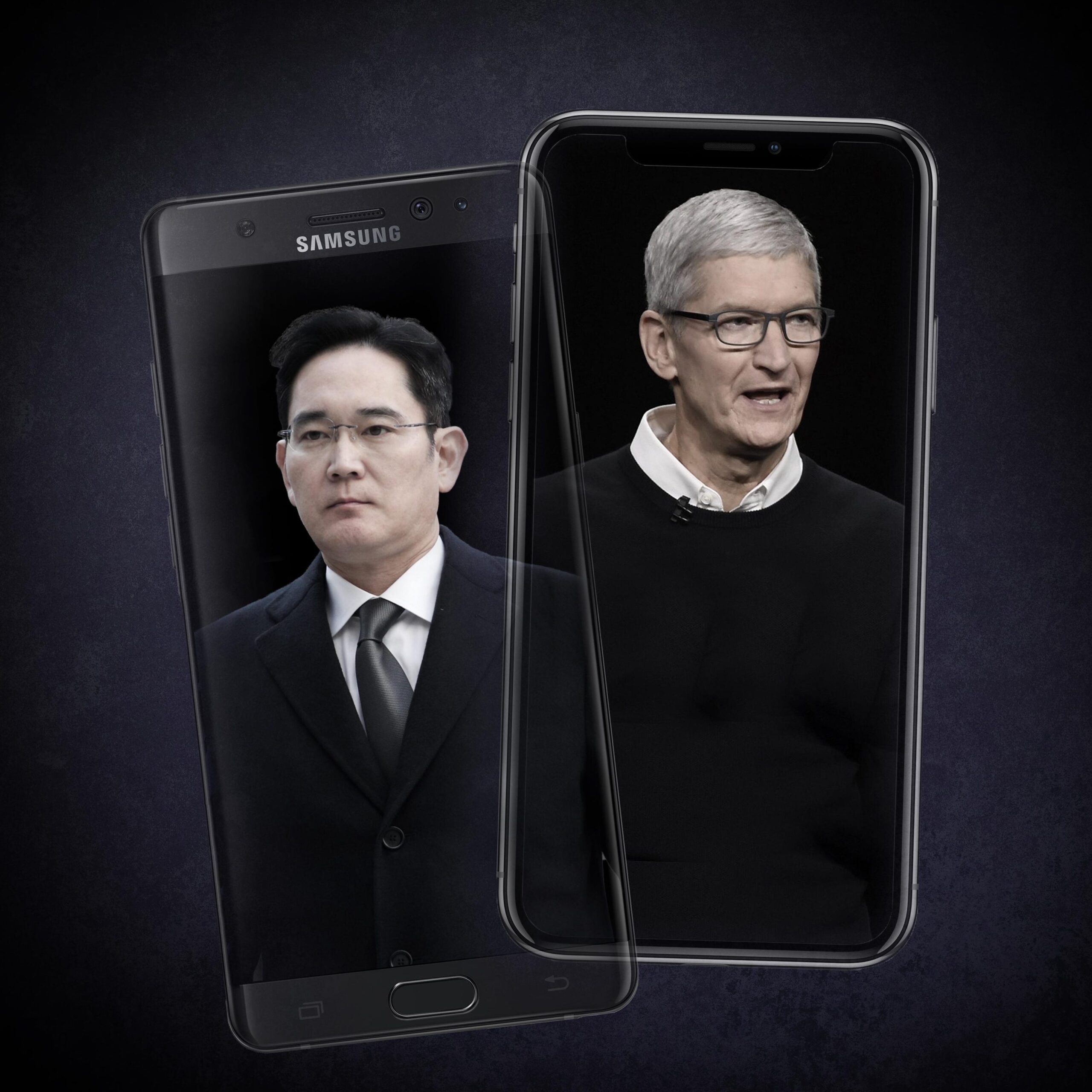The ongoing rivalry between Apple and Samsung is centred around their flagship devices, the iPhone and Samsung Galaxy smartphones respectively. This article compares the two smartphones in terms of design, camera, battery life, operating system and price. While iPhones are known for their sleek and minimalist design, Samsung Galaxy smartphones offer more industrial design with usability and durability. Both the smartphones have excellent camera quality, but differ in approach to photography. Battery life is critical for any smartphone, Samsung Galaxy offers better battery life with a fast charger right out of the box. The choice depends on personal preferences, budget, and specific needs.
The Battle of the Smartphones: iPhone vs. Samsung Galaxy
The rivalry between Apple and Samsung has been ongoing for years. Both companies have been fighting for the top spot in the smartphone market with their flagship devices: the iPhone and the Samsung Galaxy. In this article, we will compare and contrast the two devices to determine which one is better.
Design
The design of both the iPhone and Samsung Galaxy vary slightly from one model to another. The iPhone has always been known for its sleek and stylish design, with a minimalist approach. On the other hand, the Samsung Galaxy has a more industrial design, with a focus on usability and durability.
The latest iPhone models come in a glass and metal body with rounded edges. The screen sizes range from 5.8 inches to 6.5 inches with an OLED screen, while the Samsung Galaxy has a slightly larger display size ranging from 5.8 inches to 6.4 inches with a Super AMOLED screen. The Samsung Galaxy devices come with a more curved body, while the iPhone maintains a more squared-off look.
Camera
The camera quality is often one of the most important features when choosing a new smartphone. Both the iPhone and the Samsung Galaxy have excellent cameras, but they differ in their approach to taking photos.
The latest iPhone models have dual-lens setups with one standard lens and one telephoto lens. The camera app offers advanced features such as portrait mode and Smart HDR. The Samsung Galaxy, on the other hand, boasts a triple camera setup with a standard lens, ultra-wide lens, and a telephoto lens. The Galaxy camera app offers features such as live focus and super slow-mo video.
Battery Life
Battery life is a critical feature for any smartphone, and both the iPhone and Samsung Galaxy offer excellent battery life in their latest models. The iPhone typically has a smaller battery size than the Samsung Galaxy, but the iOS software on the iPhone is optimized for better battery life.
The Samsung Galaxy has a larger battery capacity, and the device comes with a fast charger right out of the box. However, the battery life depends on the usage, and both devices can last up to a full day with moderate use.
Operating System
The operating system is often the deciding factor when choosing between an iPhone and a Samsung Galaxy. The iPhone runs on Apple’s proprietary operating system, iOS, while the Samsung Galaxy runs on Google’s Android operating system.
iOS offers a more closed off and controlled experience, but it provides a seamless user interface, a vast app store, and regular software updates. The Android operating system offers a more open experience with more customization options, access to Google services, and a flexible app store.
Price
Price is always a major factor when choosing between two devices. The latest iPhone models are notoriously expensive, with prices ranging from $699 to $1,449. The Samsung Galaxy is also expensive, but it is usually more affordable than the iPhone, with prices ranging from $749 to $1,599.
Conclusion
Both the iPhone and the Samsung Galaxy are excellent smartphones that offer features and specifications that cater to different needs. The iPhone offers a more controlled and polished experience while the Samsung Galaxy offers more flexibility and customization options.
Ultimately, the choice depends on personal preference, budget, and specific needs. Both devices have their strengths and weaknesses, so it is essential to research and evaluate which one is the best fit for you.
